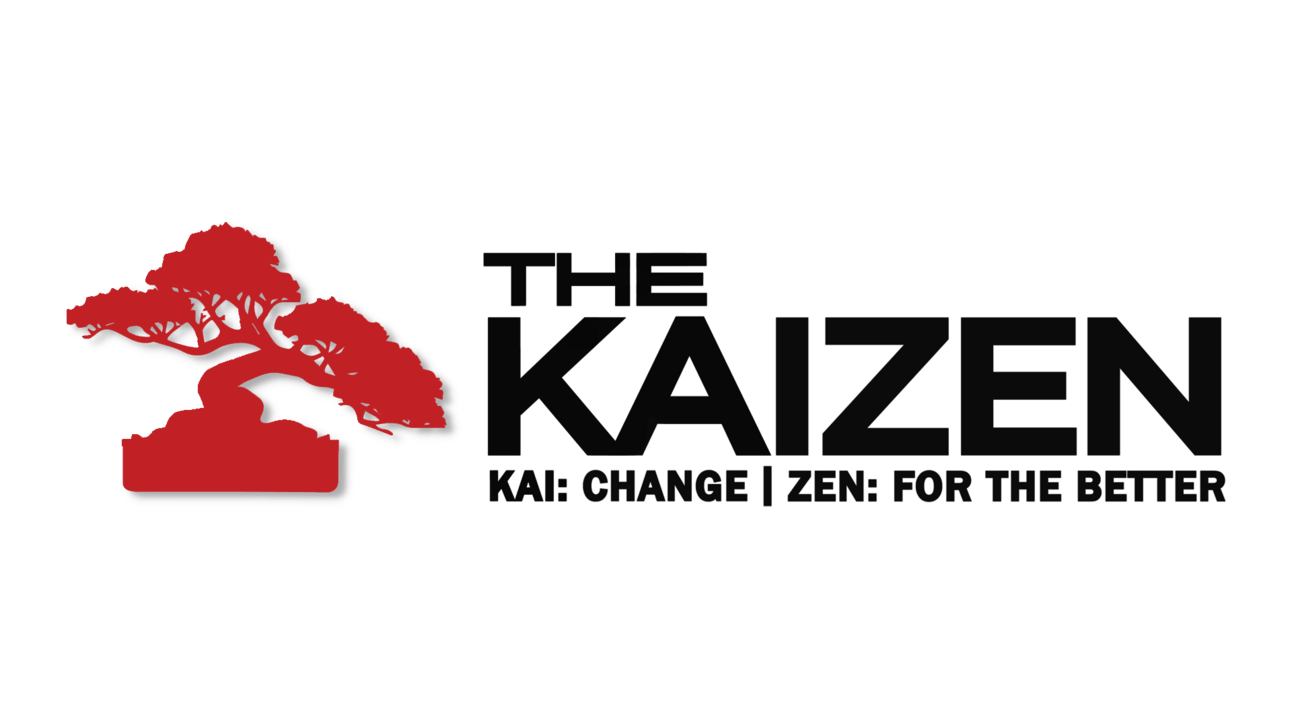- The Kaizen
- Posts
- How to Think Like a Monk
How to Think Like a Monk
When the author of ‘Think Like a Monk’ Jay Shetty left college, he made the bold decision to trade in his suit for a robe and join a monastery in India. For the next 3 years, he lived as a monk and discovered why monks are the happiest people on the planet.


QUOTE OF THE DAY
“Solitude is the strength of being alone. It's where we become our best company.”

THINK LIKE A MONK
371 Words | 1 Min 21 Sec Read

When the author of ‘Think Like a Monk’ Jay Shetty left college, he made the bold decision to trade in his suit for a robe and join a monastery in India. For the next 3 years, he lived as a monk and discovered why monks are the happiest people on the planet.
It's quite literally a fact proved by neuroscience because they’ve mastered the art of letting go.
Letting go of societal expectations, negative thoughts, and emotional attachment allows them to experience more peace, calm, and purpose in their lives.
We can all experience more peace, calm, and purpose in our lives by developing a monk mindset without having to travel to India to do so.
Let go of external expectations.
Letting go of external expectations means letting go of what your parents or people around you want you to do.
It’s getting rid of the ‘You should want...’ ‘You should do...' ‘You should be'...'—the expectations that keep you prisoner from chasing your purpose.
The way to let go of external expectations is to do a choice awareness practice. Every time you make a decision, ask yourself if you’re making it for your own benefit or to fit someone else's expectations of you.
Let go of negativity.
You’re going to have negative thoughts, but how long are you going to hold on to them?
In the aftermath of any conflict, we spend roughly 1% of the time trying to solve that conflict and the remaining 99% needlessly swirling negative thoughts, which provide us with no benefit whatsoever.
The way to let go of negativity is to just forgive unconditionally.
Let go of attachments.
Letting go of attachment is not about giving away everything you own but instead accepting the temporary nature of everything in life.
Everything from our houses to our families is borrowed; attachment to these things brings fear in the case of losing them, which means when you’re able to detach, you’ll find yourself happier and more content with what you have.

ACTIONABLE NEXT STEPS:
Read the book yourself, It dives much further into those points of detaching in order to find inner piece and calmness, which you might learn a thing or two from. Check it out HERE

LESSON OF THE DAY ⤵️



“How do I overcome overthinking?”
The root cause of overthinking comes down to you trying to control the future, and due to the fact that you can't, you become stuck in a constant spiral of questions with a lack of answers.
The best way to overcome overthinking, however, is to take yourself out of the situation. It means partly understanding that you have no control over the future and therefore your worries are wasted and partly distracting yourself.
If you can find ways to distract yourself, you won’t have time to overthink and, therefore, won’t.
Want to ask The Kaizen something? Click this link, ask your question, and every day we pick one out to answer in the next day's newsletter.

ARE YOU SICK AND TIRED OF US?
We get it; for some, the daily emails can be a lot, but the last thing we want is to lose you as a subscriber because of that.
So we came up with an alternative: The Kaizen Weekly.
One hard-hitting edition a week, every Friday.
We both know you need The Kaizen in your life, and whether thats once a week or once a day, thats up to you.
If you want to change your preferences, check out this link:
Was this forwarded to you? Sign up here
Got any questions or thoughts about this edition? If so, send us an email to [email protected]
